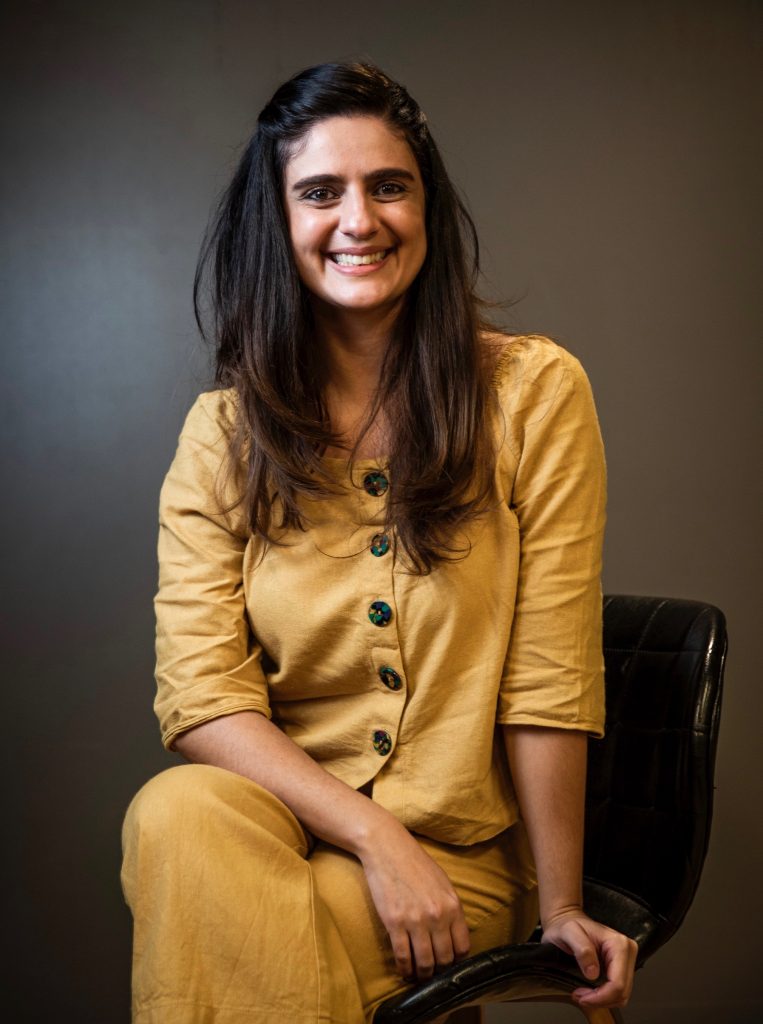Protected areas or threatened areas? The endless gold rush in the Indigenous Lands and Conservation Units of the Amazon
Larissa Rodrigues, Felipe Bastos, Radolfo Finatti, Marta Salomon
2021
#Mining
#Environment and climate change
#Social and working conditions
#Latin America
This study features updated data until 2020 on the size of the threat that gold poses to protected areas in the Legal Amazon. To accomplish this, the study analyzed all gold prospecting requests (prospecting applications and permits) registered with the National Mining Agency (Agência Nacional de Mineração – ANM) – since these requests indicate private interest in the areas – while being careful to not only check the public databases but also to ask the agency itself for truly active requests, ensuring the accuracy of the analysis of requests so as to estimate overlays with Indigenous Lands and Conservation Units. The recent increase in gold production is accompanied by widespread environmental and social destruction, and it does not bring development for the region, as confirmed in a recent study by Escolhas. Very often, newspapers run stories about gold that is tarnished by the invasion of indigenous territories, violence, drug and arms trafficking, money laundering, slave labor, prostitution, contamination of rivers and of people by mercury, and deforestation. The gold rush in the Amazon is rooted in illegal practices, which today account for about 16% of the country’s production, with extraction taking place in prohibited areas without any sort of control. But that slice of illegality may be much bigger, since there is no way to measure it with precision. Social control over this activity is scant. There is a lack of transparency and verification mechanisms for sector data, and there is no system for effective traceability that would allow the origin of gold that is produced to be monitored. This undermines the inspection and control actions and encourages illegal trade in the country, putting further pressure on the areas that should be protected for the good of the environment and society.

